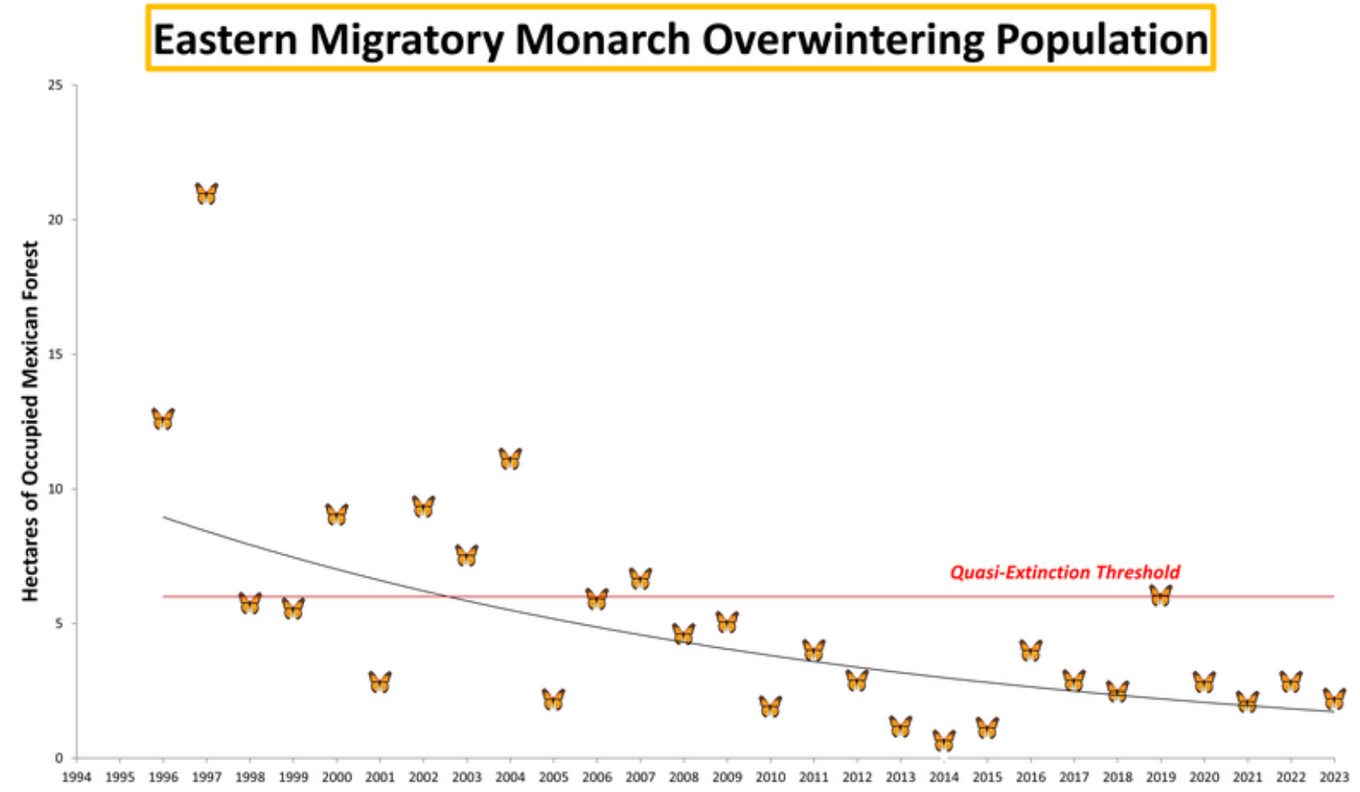William Mathis and Ellen Milligan
Thu, March 30, 2023

(Bloomberg) -- The UK unveiled its strategy to speed up the deployment of renewable power and capture carbon, part of a plan to boost energy investment in Britain that lacks the financial might of endeavors in the US.
Billed as a response to the limitless green subsidies in US President Joe Biden’s Inflation Reduction Act, the measures show little in the way of new spending, with any meaningful funding expected to come in the Autumn budget.
Key measures for the plan include the expansion of a home energy efficiency program, steps to speed up the planning process for renewable power developments and an announcement of the first projects to go forward in the country’s carbon capture and storage support mechanism.
Chancellor of the Exchequer Jeremy Hunt defended the decision not to throw more cash at net-zero ambitions as the US and European Union are doing.
“We are not going toe-to-toe with our friends and allies in some distortive global subsidy race,” he wrote in the Times. “We will target public funding in a strategic way in the areas where the UK has a clear competitive advantage.”
The government appointed interim executives of a body called Great British Nuclear that is meant to help deliver future investments in new nuclear power plants. However, it’s unclear how that will solve the most vexing problem for nuclear power in the UK, finding the billions of pounds to build new plants.
The UK also revealed funding for hydrogen production projects and the £30 million Heat Pump Investment Accelerator, which is meant to multiply with private investment alongside it. It will also extend the Boiler Upgrade Scheme until 2028, a program provides grants to subsidize home heat pump installations.
Other steps announced today:
A consultation on a potential carbon border tax to prevent UK industry being undercut by imports from countries with laxer environmental standards. To be deployed from mid-2020s onwards.
UK rejects Drax Group Plc’s bid for Track-1 status for its biomass project with carbon capture and storage.
A refreshed green finance plan promising to further tackle deforestation-linked finance and consult on the UK’s green taxonomy.
Outcomes of competition rounds for hydrogen and carbon-capture projects.
The government is also opening another consultation on how it can work with communities to deliver onshore wind infrastructure to give them benefits like cheaper power. The move effectively delays a similar consultation launched last year, after the government came under pressure to lift a ban on onshore wind. “We want a rational solution that works for communities,” Energy Secretary Grant Shapps said.
The details may disappoint both the renewable power industry and the fossil-fuel one — and environmental groups said it fell well short.
While permitting reform is a key ask for green energy developers, there’s little by way of fresh funding and no sign that the government will budge on the terms or budget for an upcoming auction round to support new wind farms. Developers have warned that the price may be too low to make investments viable after soaring costs in recent years.
--With assistance from Todd Gillespie.
The UK selected projects from developers including BP Plc and Equinor ASA to enter into negotiations for the country’s first large-scale efforts to capture and store carbon emissions.
Bloomberg News
William Mathis
Published Mar 30, 2023 •

Article content
(Bloomberg) — The UK selected projects from developers including BP Plc and Equinor ASA to enter into negotiations for the country’s first large-scale efforts to capture and store carbon emissions.
In total, eight projects are set to receive government support to trap carbon from industrial clusters in the north of England. The technology could be a key tool to help the UK reach its goal of net-zero emissions by 2050. Britain plans to spend £20 billion ($24.6 billion) subsidizing the technology in the coming years.
The projects are from what’s known as the East Coast Cluster in the northeast of England and Hynet in the northwest. Developing multiple carbon capture projects nearby can drive down costs by sharing infrastructure to transport and store CO2 emissions.
The winners include two projects under development from BP. One is an 860-megawatt power plant known as Net Zero Teesside Power that it’s developing with Equinor. Another is H2Teesside, which aims to produce 1.2 gigawatts of hydrogen by 2030. Both projects in the northeast will rely on offshore transportation and a storage network that would be operated by BP.
BP plans to take a final investment decision on the two projects next year. The Teesside projects would help advance its low-carbon goals that see hydrogen and carbon-capture as higher-margin sectors of the energy transition. It’s an area where an oil major can leverage its experience with gas and large, complicated projects.
“Teesside represents the transformation we can create as a company for both industries and communities,” said Anja Dotzenrath, BP’s executive vice president of gas and low carbon. “It underpins our ambition to be a global leader in low carbon energy, including green and blue hydrogen as well as carbon capture and storage.”
Other projects selected to advance into government negotiations include a site that will capture carbon from a cement production plant and another from Essar Group that will produce hydrogen. In total, the eight sites would capture more than 7.5 million tons of CO2 per year, according to data compiled by Bloomberg from previous company announcements.









